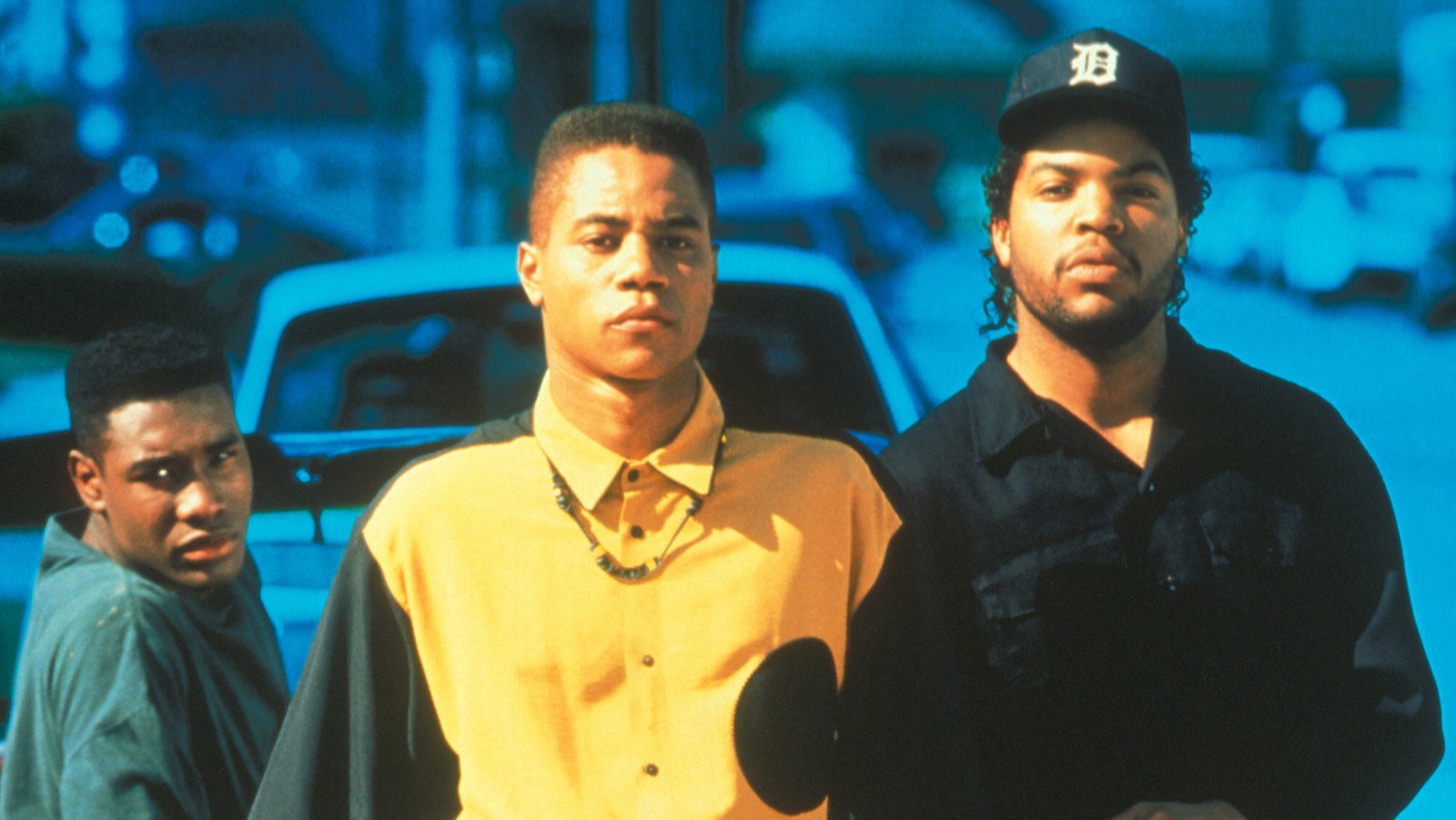Ad Astra: Cinematic Hypnotism
“Ad Astra” is a film that possesses similar beats to sci-fi classics, falling into the realm of cinematic hypnotism, and pulling us in with its mysteriously intoxicating identity.
Incluvie Foundation Gala - Learn More
(Note: This article was originally publiched by Mick Cohen-Carroll on Medium in June 2020. For current information about the state of the racial justice movement in America, I recommend reading updates about Derek Chauvin’s trial, this interview with Kentucky’s Rep. Attica Scott about the ongoing imapct of Breonna Taylor’s murder, this update about the shooting of Jacob Blake, and this analysis of the scope of Black Lives Matter protests.)
Hollywood loves to jump on current events, especially those with big socio-political ramifications. There have been timely movies about pretty much every news-worthy incident since WWI. However, stories about race or racial injustice are often eclipsed or buried under other tragic events. So, through the films they produce and finance, how will Hollywood react to the current status quo? It’d be interesting to discover their approach in the wake of the George Floyd protests (which are largely peaceful) and the call to action for anti-racism. There are two things to consider. The first is that Hollywood, after all, is a business and the second is that Hollywood might not be as socially liberal as the right-wing claims.
Though there is room for art, and you must be creative to make a film, the movie industry is, after all, just that: an industry. And in an industry, the primary goal is to make money. If it’s art, great, but that is not the end goal. Artistry is the byproduct. That is why people like Martin Scorsese call the Marvel movies “theme parks” and not cinema. He makes the distinction that cinema is (by his definition) more daring, unexpected, honest and artistic.
So while “cinema” (used in the Scorsesian sense) does exist, the rise in blockbuster movies with high budgets and explosively high box office returns shows that Hollywood is primarily interested in making money. That is why it attracts people to become top execs and producers, like Steve Mnuchin, the current Secretary of the Treasury. Hard to believe that the ex-Goldman Sachs investment banker was in it for the art or the love of cinema.

With that being said, it makes sense that current events are turned into movies as topicality often turns a profit. But at the end of the day, large studios won’t finance a film they think won’t make much money. Incorporating that thought process, what might a post-lockdown/post-COVID release look like?

Dr. Martin Luther King Jr. is often cited by Republicans in a biased narrative of “Why can’t more people protest peacefully like him?” The hypocrisy in this type of rhetoric is flagrant. Not only was Doctor King still assassinated even though he largely preached non-violence; the right-wing media covered recent peaceful protests as un-American. They attacked all forms of protests, even non-violent ones. Outlets like Fox News and even the POTUS suggested that Colin Kaepernick’s kneeling during the anthem was shameful and unpatriotic and the NFL’s commissioner Roger Goodell implemented policies that made standing during the national anthem mandatory. So even a silent and peaceful protest in the same vein as Martin Luther King Jr. is being largely criticized by the people in power. Roger Goodell was called out for his hypocritical behavior in his self-congratulatory response in this current climate.
Hypocrisy aside, MLK is nowadays revered by both political parties, albeit for different reasons and with different agendas in mind. A biopic about MLK’s life can appeal to both liberal and conservative audiences and has the potential to not be partisan. If that’s the case, I think a movie like that could come to pass because it would sell a lot of tickets which will in turn make a lot of money.
To complement the point above, money and revenue is the name of the game in the movie industry. Surely a movement such as this would garner attention. There are protests across North America and the world at large. This is an international movement, with protests in different major cities in Europe, Africa, Oceania, South America, and Asia. But also, as mentioned before, movies that tackle racial issues are often not given much time or money. So what narrative or agenda will these new movies have?
My guess: for every movie with a Black director focused on the Black experience, there will also be a movie directed by a white person who focuses on the white experience (for example, focusing on how some machine-gun-toting cops felt unsafe). It’s unlikely that the balances will tip in favor of celebrating Black voices, as it is already very rare that black directors get the same budget, financing, and studio support that white directors do.
This makes Hollywood an apolitical industry, not a liberal one, and apoliticism can send just as strong a message as racism.
There was a period in the ’90s where Hollywood experienced what they called a “black boom”. Here’s an NYT piece articulating how that was quickly shut down: ‘They Set Us Up to Fail’: Black Directors of the ’90s Speak Out.

All this points to the conclusion that Hollywood is not necessarily liberal. It is instead mostly interested in making money and targeting a specific audience.
It’s hard to say what kind of movies will stem from the anti-racism movement. Knowing Hollywood’s history, it’s fair to assume my guesses above (MLK biopic, following the money, keeping narrative “balanced”) but it’s hard to know for sure. I hope to be pleasantly surprised.
Related lists created by the same author
“Ad Astra” is a film that possesses similar beats to sci-fi classics, falling into the realm of cinematic hypnotism, and pulling us in with its mysteriously intoxicating identity.
Related diversity category
Personalities clash and tempers fume in a family-run Chicago restaurant